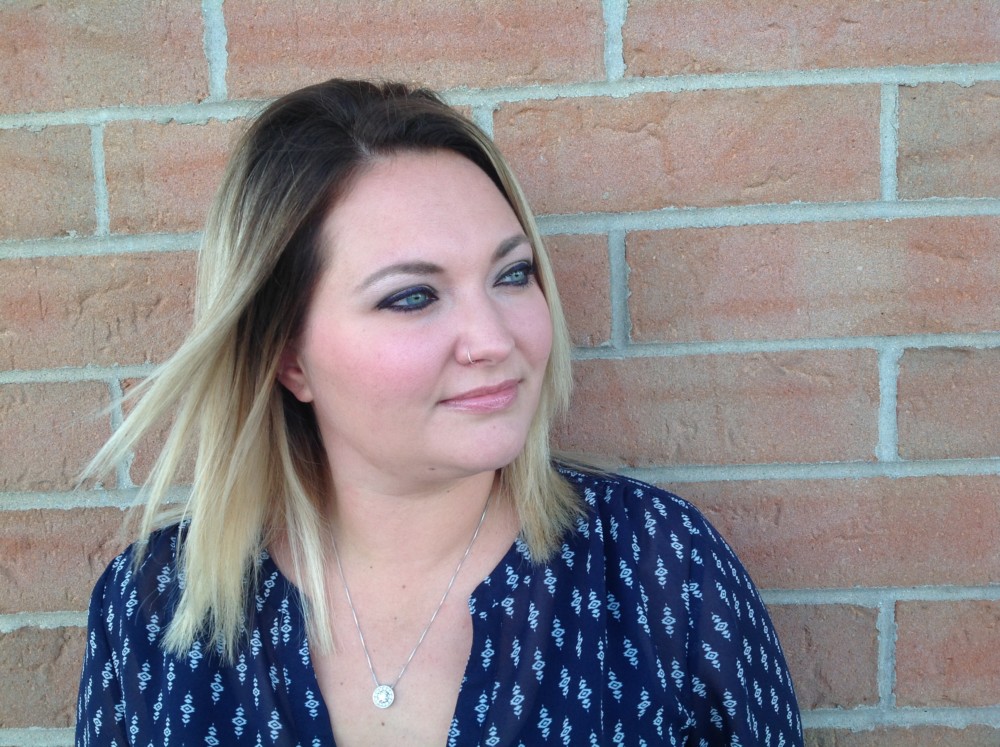By Denise Crosby
Chicago Tribune
WWR Article Summary (tl;dr) Aime Kuntz, a woman raised in a normal middle-class family, president of her 2000 class at Oswego High School and an overachiever in every sense of the word, eventually became addicted opiates. So what happened and how did she recover from her addiction? Kuntz shares her story to sobriety.
SANDWICH, Ill.
Amie Kuntz is not the kind of recovering addict I’m used to interviewing. But I’m darn glad I got a chance to sit down with her last week because she represents a growing segment of the population struggling to get off opiates and stay clean.
That means the woman from Sandwich has an important story to share.
Unlike so many young people who fall victim to drugs as they struggle to find their way into adulthood, 34-year-old Kuntz breezed through those treacherous years and seemed to have achieved it all: A loving husband. A wonderful child. A beautiful home. A fulfilling career as an oncology and palliative care nurse.
So how did this young woman, raised in a normal middle-class family, president of her 2000 class at Oswego High School and an overachiever in every sense of the word, wind up as an addict?
The fact she was “so driven” likely contributed to her addiction, says Kuntz. “And if it can happen to me, it can happen to anyone.”
Looking back after 15 months of sobriety, there is always clarity.
While she experimented with alcohol and pot only minimally in high school and college, Kuntz says it was in 2009 that she began abusing pain killers after taking them to deal with an old hip injury she’d received as a dancer in high school.
And life, as it tends to do, began throwing a few curve balls her way. Kuntz became a young mother; she went through a divorce from her first husband, who she married while in college; and she began suffering from burnout in a high stress career that dealt so much with pain and death.
It didn’t help, of course, that as a nurse she always had drugs at her disposal.
“It was a perfect storm,” Kuntz can now see. “I was a nurse and I was making bad choices. I put a lot of people in situations that I should not have.”
As her addiction worsened, Kuntz admits she could only go about five hours without needing another fix. And the more frequently she used, the higher the dosage became.
No one knew the struggle she was going through, not her second husband, Donny, a construction worker; or her parents and siblings.
buy viagra super dulox force generic buy viagra super dulox force online no prescription
“They just thought I had the flu a lot,” she said.
It came to a head in January 2014 when her husband found a bevy of pain killers in her purse. By that time, having been addicted for seven years, “I was ready to be done with this,” she said. “I was very honest with him. I told him I had to get help.”
Kuntz spent 34 days at Rosecrance in Rockford, Ill., in its abstinence program, where she met plenty of other women like her, many from wealthy suburbs who were hooked on heroin.
While Kuntz herself never used the street drug, she says there really was no need to, as she had plenty of access to pain meds. “But had I needed to,” she said, “I would have gone there.”
After completing the in-patient rehab, Kuntz was clean for four months but relapsed in July 2015 and entered the program again, including outpatient care with Gateway Alcohol and Drug Treatment in Aurora. A couple of opiate blockers, suboxone and vivitrol, became “my safety net” for eight months to help her stay sober. For the past six months, she’s not had to rely on any anti-addiction meds, only weekly counseling sessions and support groups.
And she wakes up every day fully aware she must stay “laser focused” in order to remain “in that good place.”
Kuntz, who calls her journey to sobriety both “amazing” and “humbling,” is ready to go public because she’s convinced that “until the stigma of addiction is removed,” we aren’t going to beat this problem. There needs to be more education, she insisted, particularly among health care professionals who have easy access to drugs and, by nature, tend to “not take care of themselves.”
Kuntz, who is now studying to become an addictions counselor, says she watches her son, an eighth-grader, like a hawk, to make sure he does not go down a similar path.
“I want my son to see it, to be able to tie it all together,” Kuntz said. “There is such an array of people there … it really can happen to anyone.”














































































































































































































































































































































































